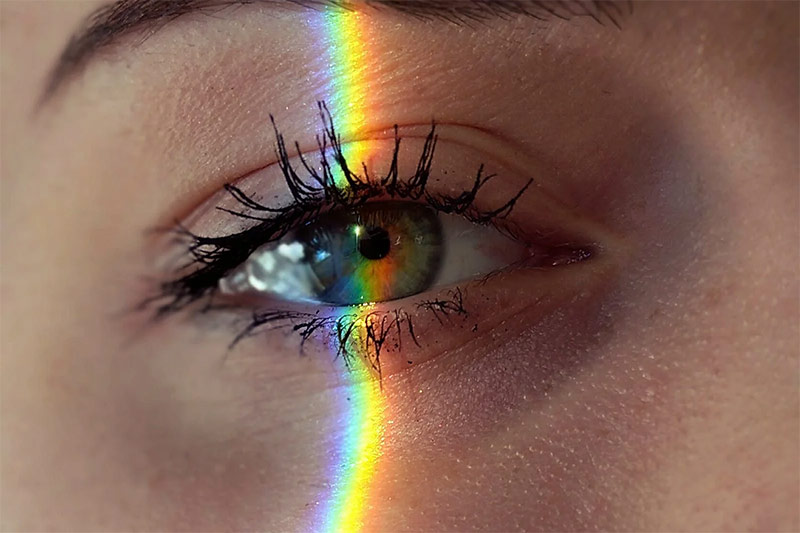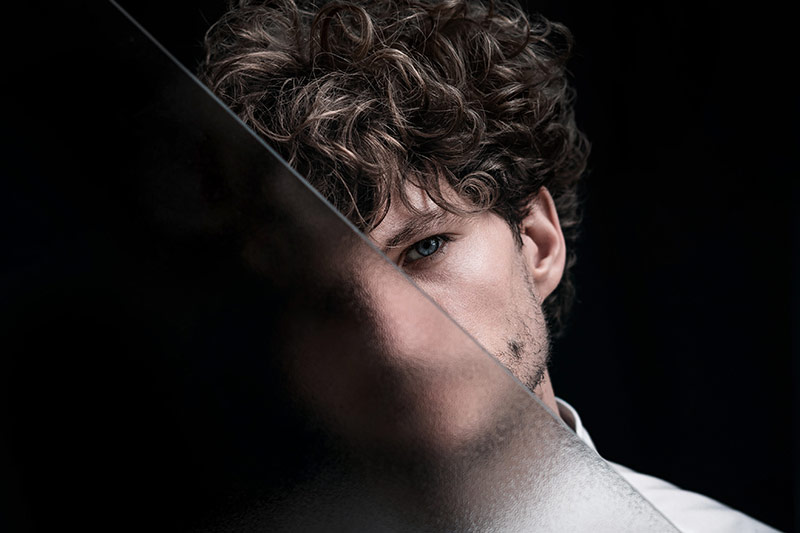ADHD in children is fairly common, with an estimated 3-6 in 100 children having it. Though for only 1 in 7 children with ADHD carry it through to adulthood. Adults with ADHD will have some of the problems they experienced as a child but not all of them.
What might you experience as an adult with ADHD?
- You may become bored of things that you don’t find interesting
- You may be easily distracted especially if you don’t find the topic or task intriguing
- You may find it hard to listen to people, possibly interrupting/talking over or even ignoring
- You may find it hard to follow instruction
- You could be forgetful or misplace things regularly
- You may lose your temper or get easily frustrated quickly
- You may find stress hard to handle
- You may find it hard to switch off
ADHD and relationships
Being in a close relationship with someone with ADHD can cause misunderstandings, frustration and resentment. For example, disorganisation, impulsive behaviour and how easily distracted the person can be. It can be particularly damaging when the diagnosis has not been made.
If it is you with the ADHD, you may feel constantly got at, micromanaged, watched, nagged, disrespected – you name it but if it is you living with the person with ADHD you may feel really very lonely, ignored, lied to and also disrespected. It can be tiring always doing the planning, organising and ending up doing everything for yourself or the family just because it seems to be the easier option. When saying lied to – this is in the context of the person with ADHD rarely sticking to their promises which feels pretty rubbish for both parties! Understanding ADHD can be a good start for building a happier relationship.
Coaching and ADHD
Wellbeing coaching can be very effective for those living with ADHD. It is often difficult for people to start things in life, especially if you have ADHD, but wellbeing coaching shouldn’t be one of them. With coaching support behind you, things feel a lot more achievable – and they are! In coaching, more positive and productive ways of dealing with the challenges of ADHD are explained and explored, leading to a happier and healthier relationship.


